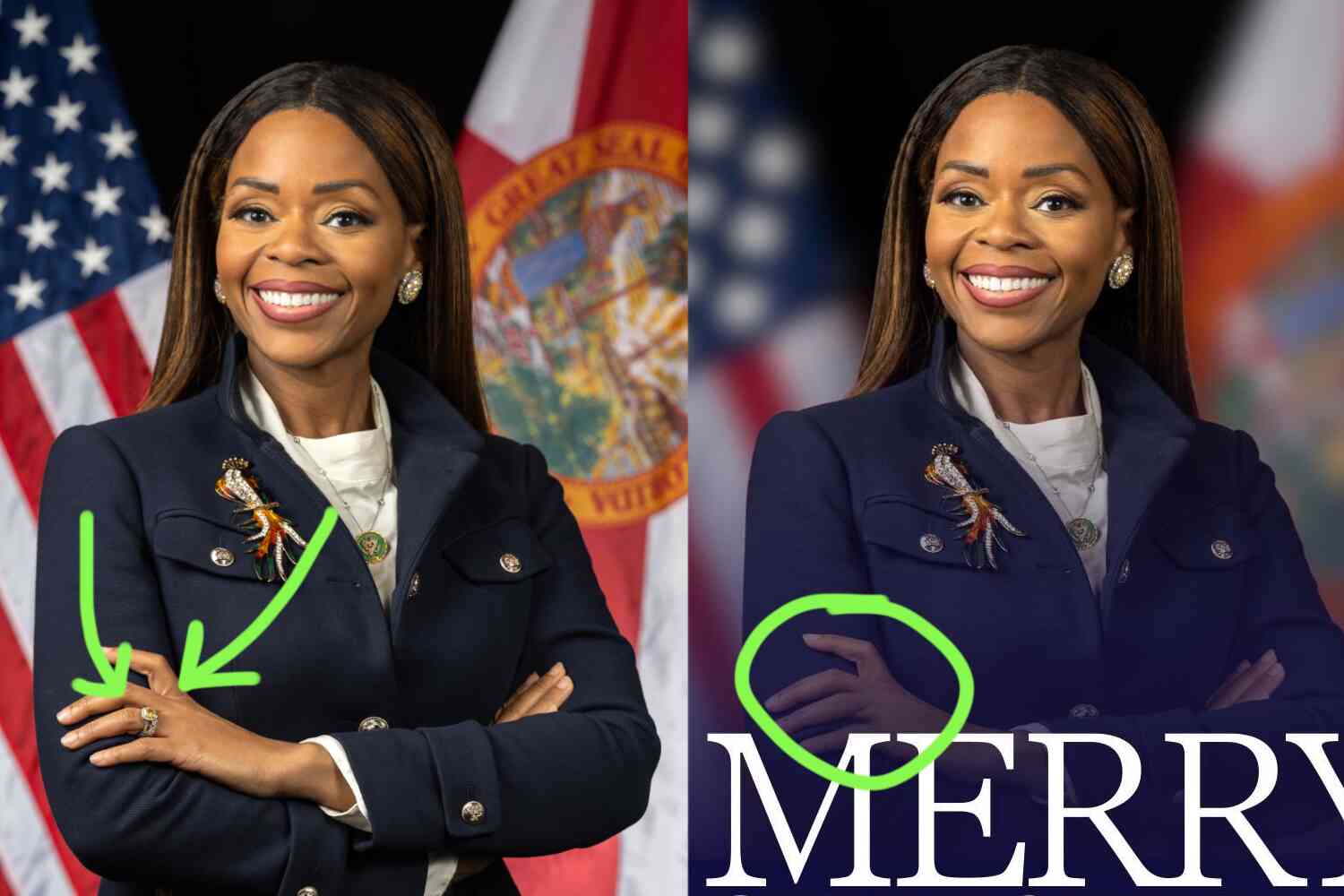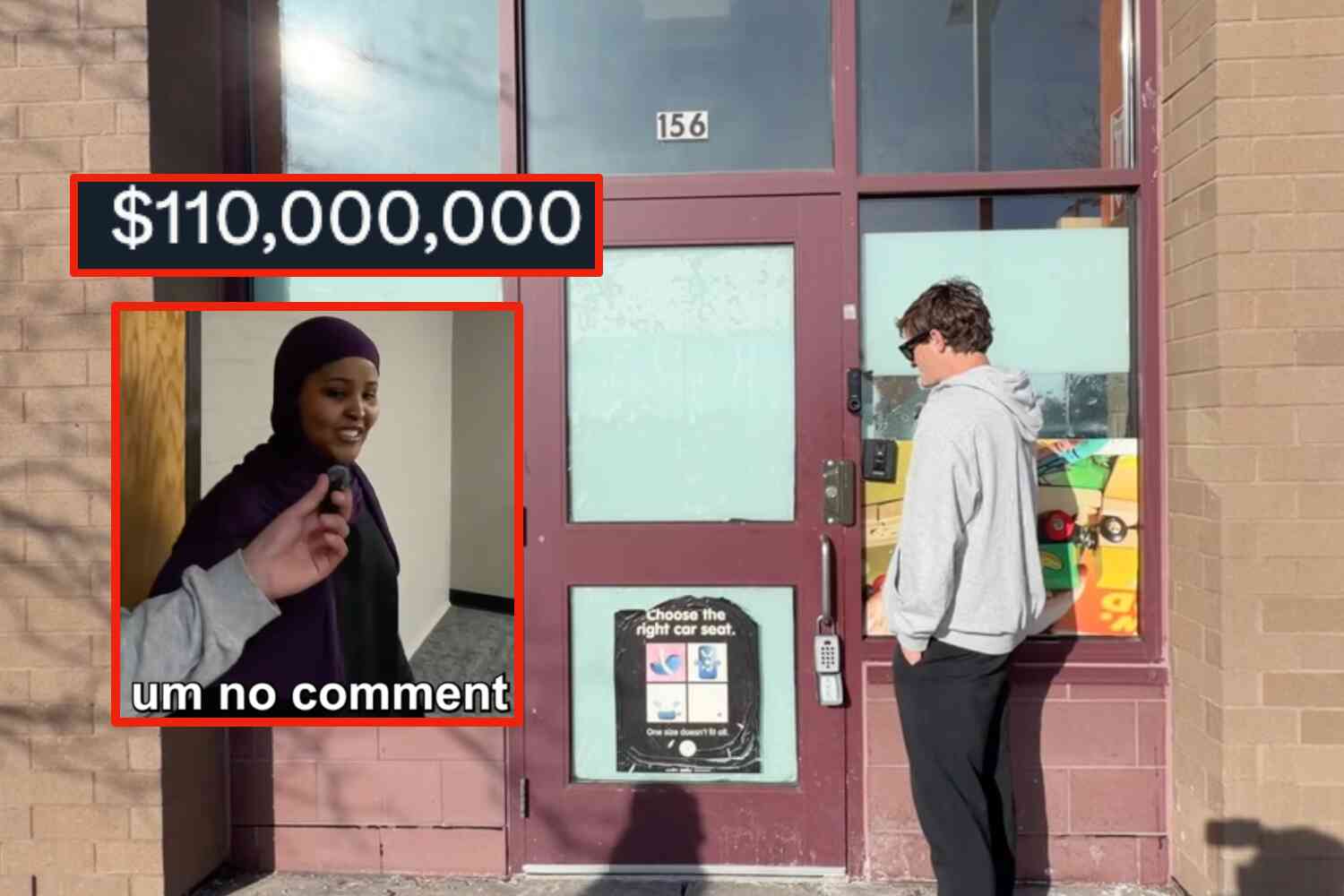The Supreme Court is done hearing arguments for its current session, meaning we're about to get a whole host of decisions in the next two months.
You may recall that all heck broke loose when SCOTUS overturned Roe v Wade last June. In a healthy society, people wouldn't pay much attention to the court; after all, it doesn't pass law but acts as a check to the president and Congress.
But we don't live in a healthy society. We live in a nation where the president rules through an unelected bureaucracy and Congress is deadlocked over basic questions like "What is a woman?", leaving it up to 9 justices to decide what is and isn't law in the land.
This year's docket is quite a doozy, and depending on how SCOTUS rules, it could change the nation in multiple ways.
Here are the cases (sources here and here):
- Affirmative Action: Students for Fair Admissions v. President and Fellows of Harvard College and Students for Fair Admissions, Inc. v. University of North Carolina. – These two cases will determine the future for affirmative action policies, which are widely used by colleges to lower standards for black and other minority students and exclude higher-performing students based on skin color and other traits. Affirmative action was accelerated by the 2003 case Grutter v. Bollinger, which allowed colleges to consider race.
- Religious Liberty: 303 Creative LLC v. Elenis – Ever since the Colorado gays wanted to force Jack to bake the cake, the LGBT lobby has been demanding that we service their super-gay events, even if that violates the fundamental teachings of our religion and the core of our conscience. This case by website designer Lorie Smith, who says Colorado's law banning discrimination based on sexual "identity" is unconstitutional, may determine the future of religious liberty for business owners in America.
- Big Tech: Twitter, Inc. v. Taamneh and Gonzalez v. Google LLC – Three decades ago, lawmakers protected internet companies by passing Section 230, a provision that exempts them from liability if someone says or does something illegal on their site. The argument is that a website like Facebook is not a publisher that condones or controls what is being written on the site; therefore, it should not be liable for lawsuits. But as we've seen from exposés like The Twitter Files, these websites ARE acting like publishers by choosing what content is allowed based on their ideological preferences. If Facebook bans sites like ours for posting stories that refer to men in wigs as men, then the argument goes that they should be liable to all the legal bindings of a formal publisher. If Section 230 is repealed, it would drastically change free speech on the internet... but not in all good ways...
- Immigration: Pugin v. Garland and Garland v. Cordero-Garcia – These cases could clarify the deportation process in America. The federal government is extremely lax on the deportation of illegals coming across the border, and many are granted lawful status on the basis of magic and fairy dust after they have entered illegally. Lawful immigrants must be charged with a crime in order to qualify for deportation; therefore, since many illegal immigrants are granted this status, deporting those streaming willy nilly over the border becomes more difficult. The federal government relies on state laws to determine if an immigrant has committed a qualifying crime. SCOTUS will consider if "an offense relating to obstruction of justice" may broadly apply as a reason to deport immigrants and may set the precedent for making it easier to deport immigrants who come to the US and commit crime.
- Government Confiscation Of Property: Tyler v. Hennepin County – We covered the story of Geraldine Tyler, a 94-year-old widowed grandmother who had her home seized by Hennepin County, Minnesota in 2015 for owning around $2,000 in back taxes. The county sold the home for $45,000 and gave her none of the proceeds. If the biblical warnings against violating justice for widows were not enough, John Locke – the man who heavily influenced the Declaration – said that a man who can have his property taken without his consent owns no property at all. Let that sink in! If SCOTUS rules in favor of Tyler, Americans might be exempt from government seizure on their own property for not paying into subjective tax schemes devised by said government.
- Biden's Student Loan Bailout: Biden v. Nebraska and Department of Education v. Brown – Six conservative states are suing to block Ol' Joe from forcing taxpayers to pay for entitled kids' barista degrees at liberal arts colleges across America. Biden wants to give everyone $10,000 off their student loans on the premise that Covid was a national emergency and somehow qualifies under the 2003 HEROES Act meant to relieve student loan debt during times of war. Of course, since the federal government doesn't make but only takes, this cut means someone else will be paying for the gender studies degree that rich kid got in 2010. If the court rules in favor of Joe, it would set a dangerous precedent and cause our economy to crash even faster.









